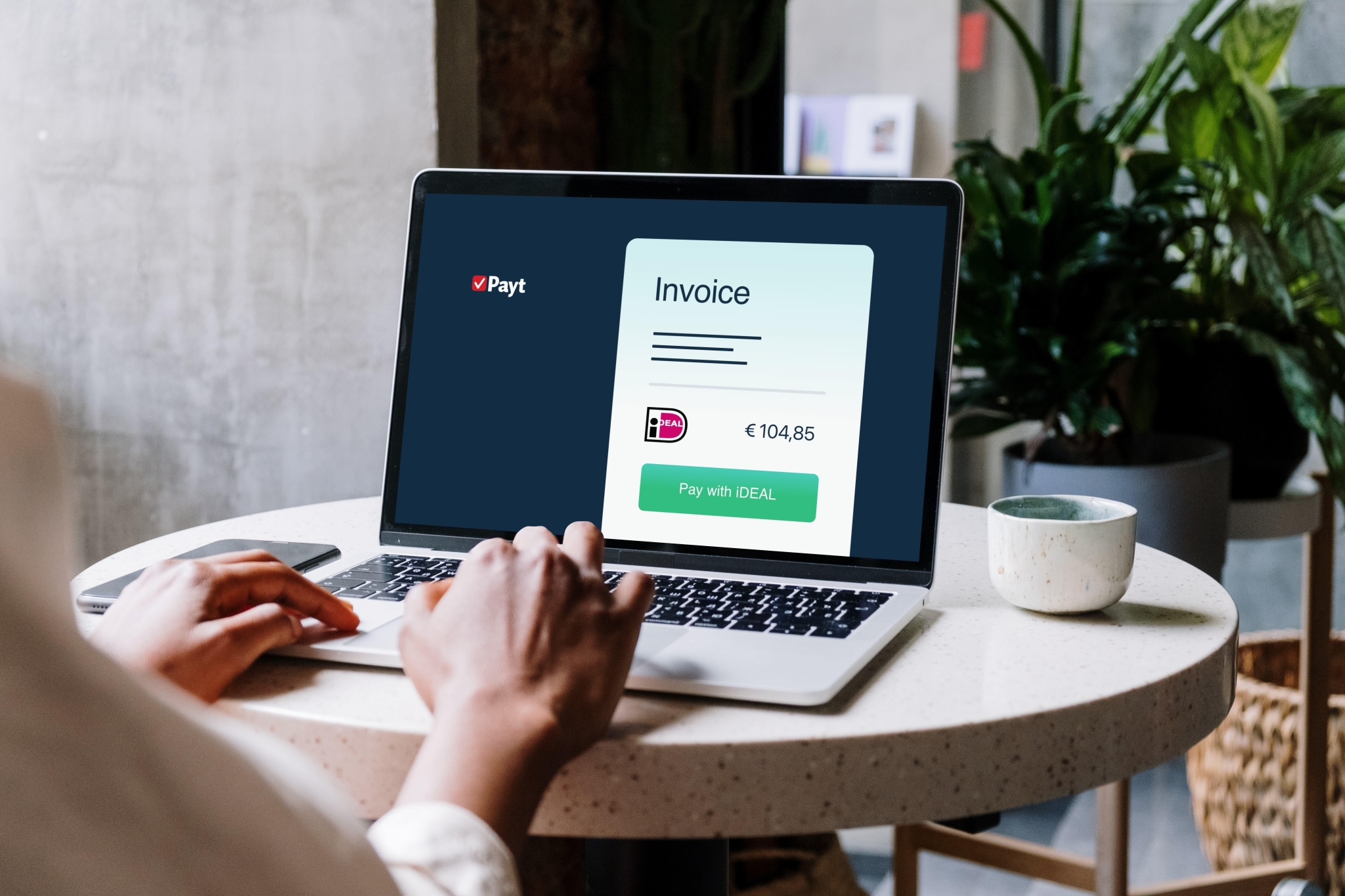Maintaining a good relationship with your customer and conducting a debt collection process seem to be at odds with each other. When outsourcing an unpaid claim to an external collection agency, it often means that the customer in question has already been let go. However, it is worthwhile to consider how you can be firm about getting your claims paid while keeping the customer relationship as intact as possible.
The question of what a collection process means or could mean for the customer relationship is best answered by examining a number of different causes of non-payment of an outstanding claim.
A common cause of non-payment is that your customer is simply lax with their payment and for whatever reason, even after several reminders, has not gotten around to paying. In this case, increasing the pressure by initiating a collection process often prompts the customer to act. This action is usually the payment of the claim, including the charged collection costs. It may also happen that your customer wishes to pay the principal amount but does not want to “accept” the collection costs. In both cases, Payt offers a distinctive difference from traditional collection agencies. Where the customer pays the principal amount including collection costs, you receive these collection costs with Payt, which simply earns you money. However, where the customer does not wish to pay the collection costs, Payt allows you to decide in consultation with your customer what should happen with the collection costs.
In practice, we see that some Payt users in such cases decide to waive the collection costs, which not only keeps the relationship with the customer intact but often even improves it, as you have made a ‘generous gesture’ to your customer. With a traditional collection agency, such a decision is much more sensitive, as you will have to pay these costs to the collection agency yourself, meaning you quickly lose about 15% of the principal amount. It is clear that it feels very different if you have to cover these costs out of your own pocket than when you decide to forgo receiving the collection costs.
In cases where your customer disagrees with the claim or the underlying agreements, or your customer refuses to pay because the delivered performance did not meet expectations, a collection process usually does not provide the right answer. In this case, you will generally need to resolve the substantive dispute, also known as a dispute, with your customer first. If you have given your claim for collection in such a case, Payt’s solution offers an important advantage.
With Payt, you conduct the correspondence around the collection process with your customer yourself, for example via the Payt portal. This direct contact ensures that you can respond quickly and adequately if you have given the claim for collection unjustly or prematurely. You can easily pause the process in that case, resolve the dispute, or resume the process if it turns out you were indeed in the right. Especially the direct contact ensures that your organisation is not perceived by your customer as an unfriendly company hiding behind a collection agency.
Additionally, it may be that your customer is struggling with liquidity problems and therefore postpones paying your invoice. Here, you will often have to weigh agreeing on a payment arrangement with your customer versus increasing the pressure as much as possible to get your invoice as high as possible on your customer’s payment list. This is often a difficult decision that varies from case to case. Payt allows you to make this decision yourself and, for example, to lend a helping hand to your customer by waiving the collection costs in exchange for a quicker payment. You will see that your customer greatly appreciates it if you are willing to think along even in difficult times, and it is a shame if the credits for that go to the collection agency.
Finally, it may be that you encounter a customer who is simply of bad intent. In that case, there is actually no customer relationship, and it is not worth investing further in it. Payt offers the advantage that the collection process is completed within 30 days, allowing the possibility of considering the success of a legal process with the bailiff much earlier.
Thus, you see that deploying a smart and well-thought-out collection solution like Payt’s can make a good contribution to maintaining your customer relationship.






